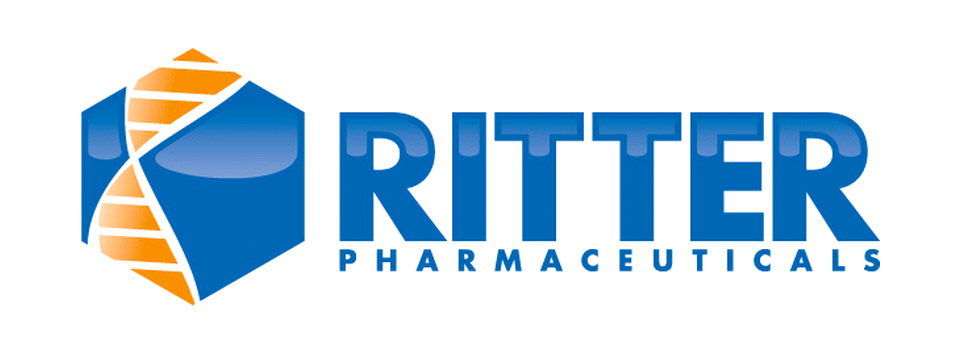Ritter Pharmaceuticals Announces Collaboration with University of Nebraska

LOS ANGELES, CA, Jan 23, 2017 (Marketwired via COMTEX) -- LOS ANGELES, CA--(Marketwired - Jan 23, 2017) - Ritter Pharmaceuticals, Inc. ("Ritter Pharmaceuticals" or the "Company"), a pharmaceutical company developing novel therapeutic products that modulate the human gut microbiome to treat gastrointestinal diseases, today announced that it is collaborating with the newly-established Food for Health Center at the University of Nebraska ("NU") to study the role of the microbiome and RP-G28 in metabolic syndrome.
As part of the collaboration, Dr. Amanda Ramer-Tait at NU and Jens Walter, University of Alberta, two leading scientists in the fields of gut health and microbiome research, plan to conduct research exploring the microbiome's role in metabolic syndrome. The pre-clinical research is designed to build upon previously published studies suggesting that prebiotics may support improvements in clinical measurements associated with metabolic syndrome. Ritter Pharmaceuticals is providing its lead compound, RP-G28, for use in the study. RP-G28 is currently in a Phase 2b/3 study in humans for the treatment of lactose intolerance. In previous human studies, RP-G28 has demonstrated significant beneficial changes to the gut microbiome that have been associated with supporting metabolic health.
Andrew J. Ritter, Co-founder and President of Ritter Pharmaceuticals, added, "we are pleased to be collaborating on such forward-thinking research that could expand our understanding of the role of the microbiome and RP-G28 in improving clinical parameters of metabolic syndrome. Furthermore, we're excited to explore other indications where RP-G28 may be efficacious."
Dr. Ramer-Tait, the Harold and Esther Edgerton Assistant Professor of Immunology and Microbiology at the University of Nebraska-Lincoln, added, "We are grateful to Ritter Pharmaceuticals for providing RP-G28 so we can study how manipulation of the microbiome may impact metabolic syndrome. There is great potential to take prebiotic-based gut microbiota modulators and explore how they may help improve human health."
